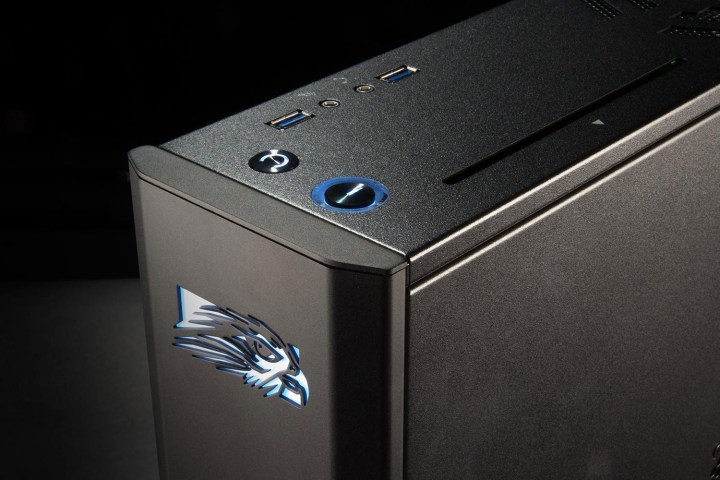
“In an increasingly mobile world, smartphones are the biggest threat to PC sales, and tablets have not been the long-term panacea the PC industry was hoping for,” says Claes Fornell, ACSI Chairman and founder. “Interestingly, the two companies that lead in smartphone satisfaction (Apple and Samsung) also lead the PC industry, although they have very different strategies regarding the future of tablets.”
The new ACSI report is based on 3,500 surveyed customers. A provided chart shows that satisfaction has increased 1.3 percent compared to this time last year, with a 78-percent satisfaction rating compared to 77 percent in 2015. The chart is interesting in that the overall PC satisfaction rate was actually 80 percent in 2012, the highest it has been since the ACSI began charting the PC market in 1995.
In breaking down the current overall PC market number, the report shows that Apple has remained at a constant rate for a few years now. However, Acer sees the biggest satisfaction jump compared to this time last year with an 11.4-percent increase. Following Acer is Samsung with an increased year-over-year approval rate of 6.4 percent and Hewlett Packard with an increased year-over-year approval rate of 5.5 percent. Other PC suppliers seeing an increased rate include Toshiba, Lenovo, Asus, and even Amazon.
However, Apple and Samsung have seemingly gone neck and neck to win over customers during the last several years. Since 1995, Apple’s customer satisfaction rate has increased 9.1 percent while Samsung’s two recorded years generated a 6.4-percent increase. Amazon, which entered the PC market with its Fire tablets and wasn’t recorded until 2015, landed a 2.6-percent increase. Acer shows an 8.3-percent increase since ACSI began tracking the company in 2008.
Another chart provided in the report shows that customers are growing more satisfied with desktops despite a dip the industry took in 2013. The laptop market is starting to rise satisfaction-wise after declining in 2014 and 2015. Tablet popularity has seemingly been in a decline for years, but took an especially big nosedive in 2015. This portion of the PC market is starting to recover in the eyes of consumers as well.
If you haven’t noticed, the ACSI report throws tablets into the PC mix along with desktops and laptops. That may be due to the blurring line between the two latter form factors. Consumers now mostly hear about new laptops, 2-in-1s, and desktops, and less about the standalone tablets that once dominated the hardware topics for years.
According to the report, one of the biggest lures of the PC is its overall design although the ACSI report saw a dip in that category in 2016 compared to 2015. Also catching the consumer’s eye is the quality of graphics and sound (81 percent), the ease of operation (81), the availability of software and apps (81), and the availability of accessories (81). Further down the consumer interest totem pole is the PC’s ability to prevent system crashes (80), general hardware features (79), processor speed (78), website performance (78), and customer support (71).
ACSI stands for the American Consumer Satisfaction Index, a national cross-industry measure of customer satisfaction in the United States. The tool is used by companies to determine the health of the U.S. economy, and to see how each company competes with its rivals, such as Apple versus Samsung. Researchers at the University of Michigan started the ACSI way back in 1994 along with the American Society for Quality and the CFI Group.


